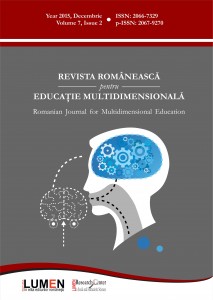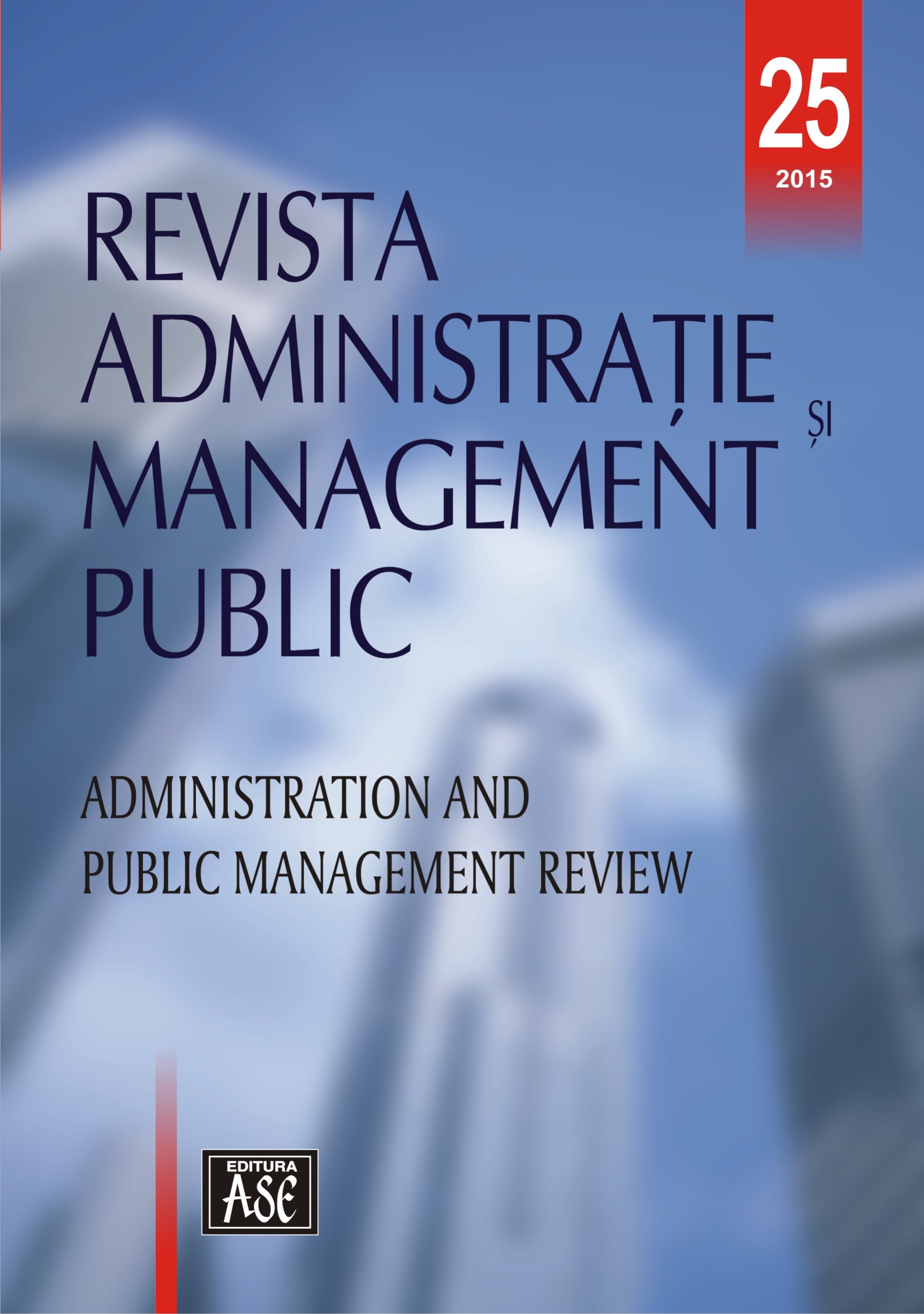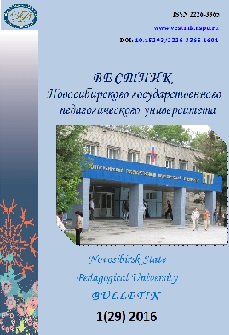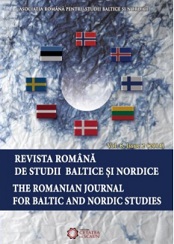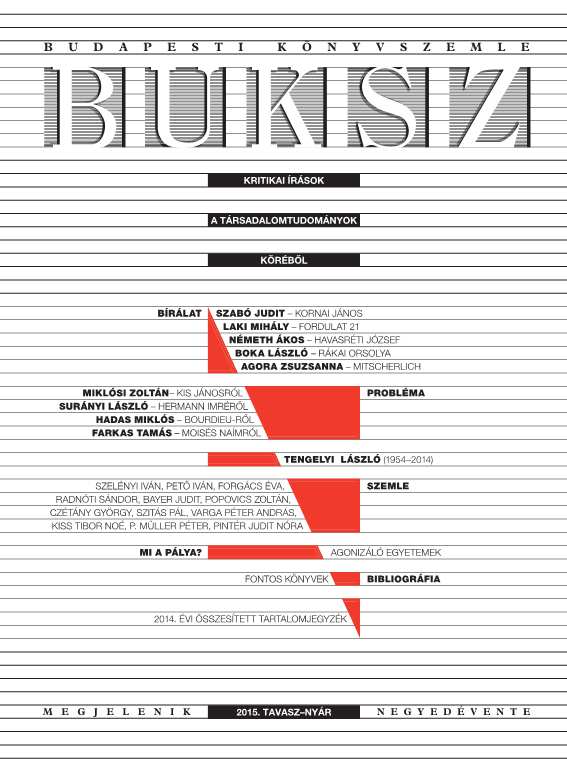FORGING THE REFORM: BOLOGNA REFORM BETWEEN THE NATIONAL AND THE EUROPEAN, THE TRADITIONAL AND THE ‘MODERN’
This paper analyses the Bologna reform in Croatia in the context of a broader Europeanization debate. Hence, Bologna is analysed in line with Croatia’s long-term struggle to enforce Europeanization under its own terms. This means that, throughout history, Croatia has made attempts to Europeanise and modernise the country but, at the same time, enforced and maintained the national. This particularly applies to the education sector that has always been the battlefield for enforcing the national. In more recent history, this mostly reflects on the primary and secondary education whereas the higher education is left on its own. However, the higher education is poorly managed and the reform is imposed from the above. Thus, the Bologna reform clearly failed in Croatia. The qualitative research conducted for this study shows dichotomy of the national and the European, as well as the traditional and the modern. The conclusion of the paper is that Croatia is trying to enforce Europeanization under its own terms, which clearly fails every time such attempt is made and results in Europhobia. As a consequence, every reform with European connotation fails, and this happened with Bologna reform of the higher education.
More...
